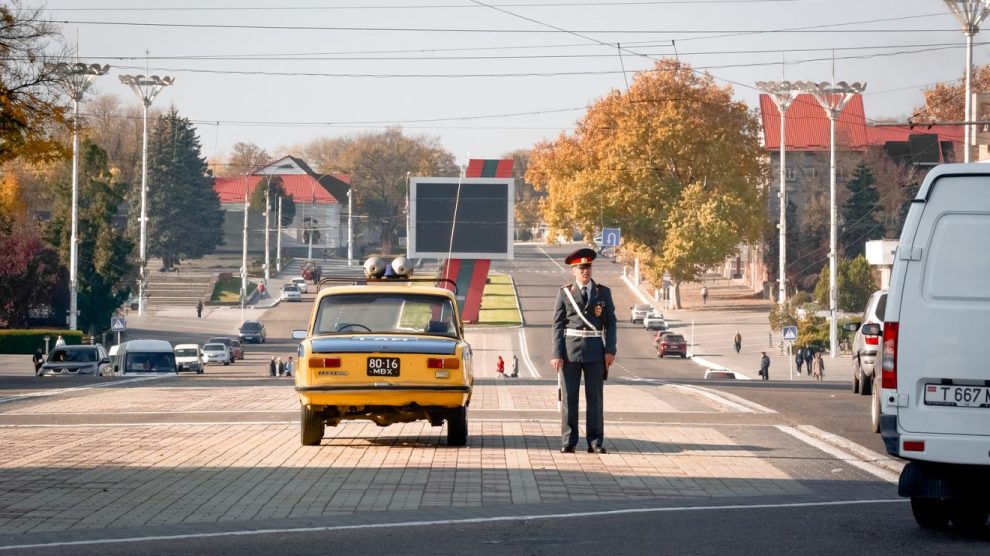From the Russian-occupied regions of Georgia and Moldova to the beaches of Albania and the sumptuous dining cars of the Orient Express, these are the ten Emerging Europe stories that grabbed your attention the most in 2023.
It’s not just Ukraine. Russia occupies territory in other countries in emerging Europe
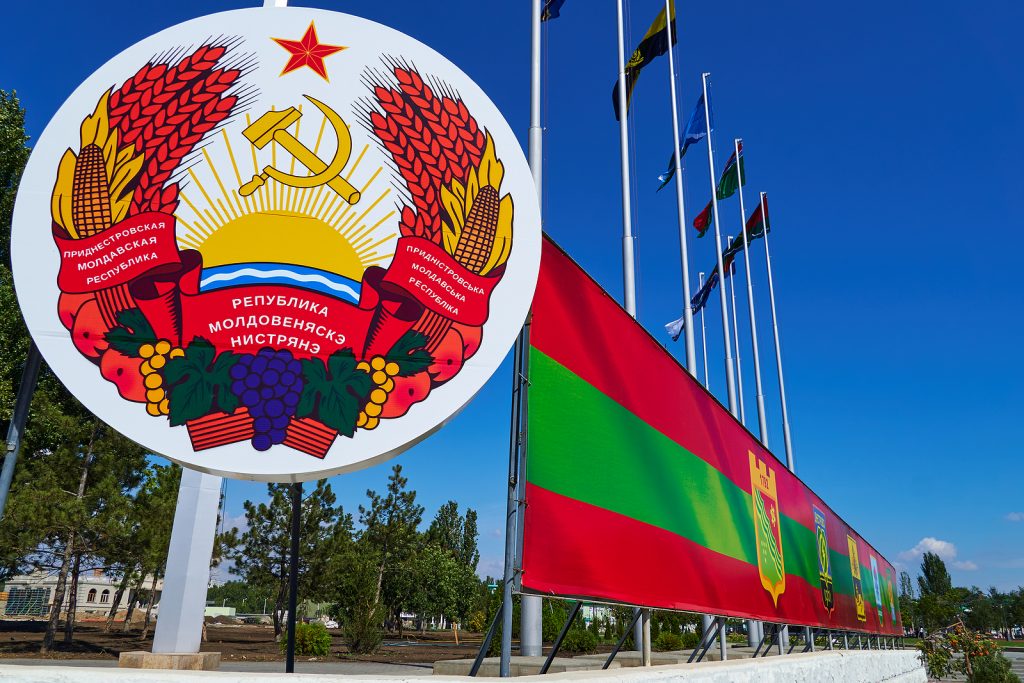
It’s not just Ukraine. Our most-read article of the year was this timely reminder that Russia has in recent memory invaded not only Ukraine and occupied large parts of its territory, it also continues to occupy two regions of Georgia (Abkhazia and South Ossetia) as well as Transnistria, a slither of land in eastern Moldova. But where exactly are these territories? Who runs them? Who lives there? And how (and why) did Russia occupy them in the first place? We did our best to explain.
‘Neutral’ Moldova is having a very good war
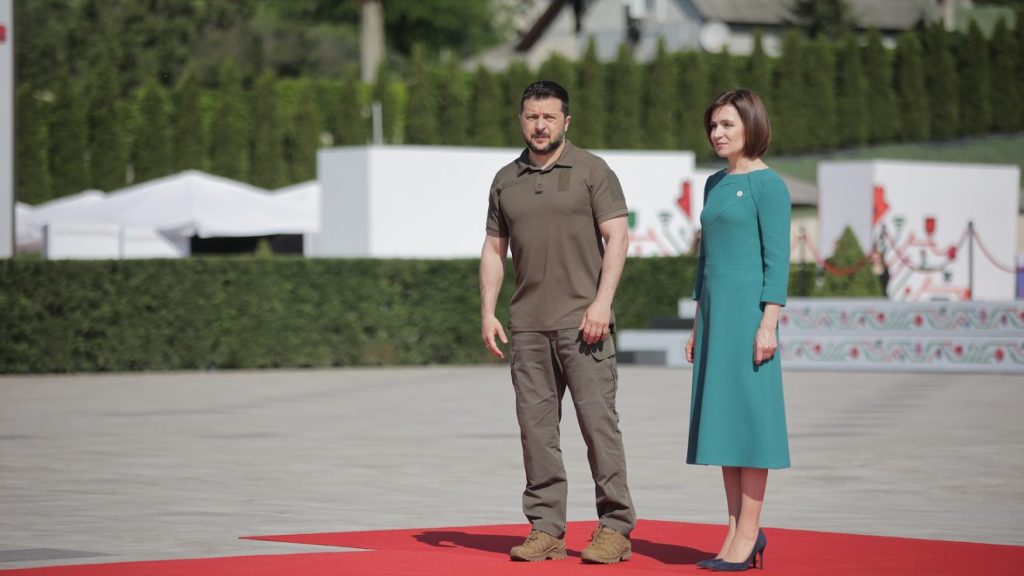
Since Russia launched its full-scale invasion of Ukraine in February 2022, few countries in Europe can claim to have played as smart a hand as Moldova. Sharing a long border with Ukraine, Moldova has become a frontline state of great interest to anyone following events in Central and Eastern Europe. At the beginning of the war there were even concerns that Russia might use its military base in Transnistria, a breakaway region of Moldova, to launch attacks on southern Ukraine. Now, the country is an EU candidate set to begin accession negotiations.
For Russians in Tbilisi, the writing is on the wall
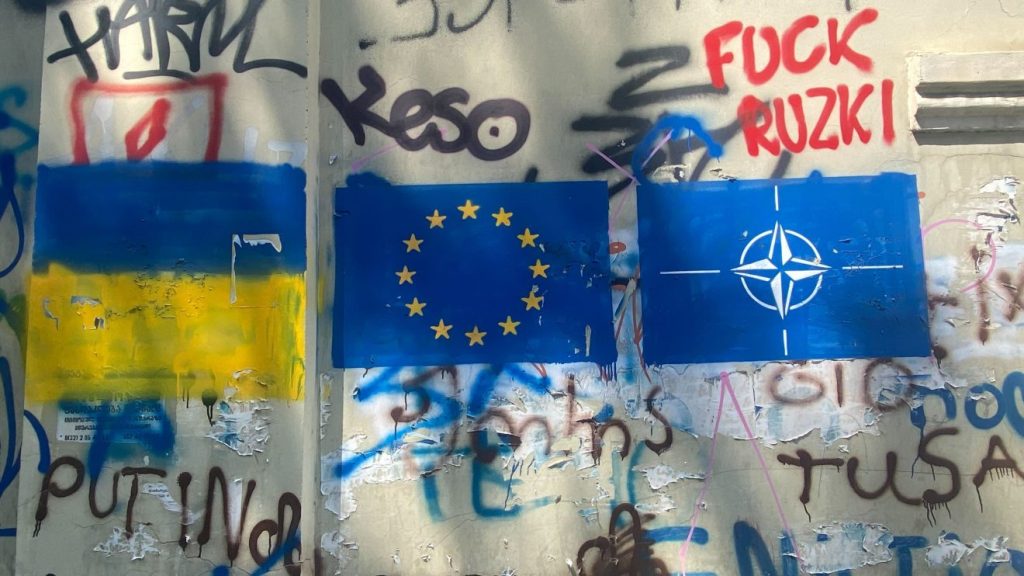
Between March and November 2022, over 1.2 million Russian citizens entered Georgia—many fleeing political persecution or conscription to fight in Ukraine—and over 110,000 have stayed. For a small country of 3.7 million, this constitutes a massive influx. Their arrival has disrupted local housing markets, leading some Georgians to face eviction as rents skyrocket, sometimes doubling or tripling. Even as Georgians and Russians mingle amicably on the street, profane graffiti directed at both Vladimir Putin and Russians in general is everywhere.
What is Hungary doing in the Organisation of Turkic States?
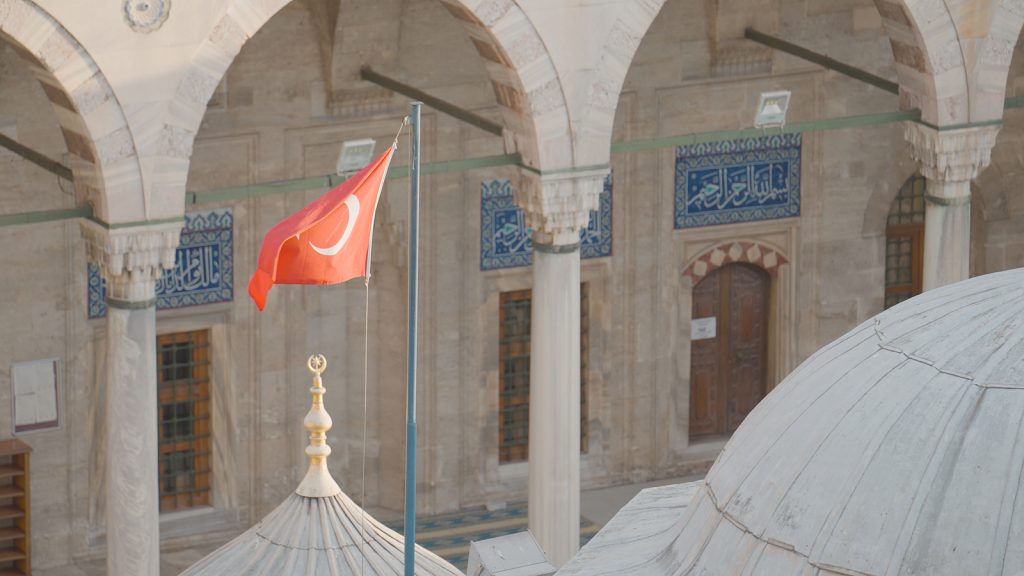
In mid-November 2022, the leaders of Azerbaijan, Turkey, Uzbekistan, Kazakhstan, Kyrgyzstan, and Turkmenistan convened in Samarkand for a summit of the Organisation of Turkic States (OTS) -previously known as the Turkic Council. These leaders were joined by another head of government not from Central Asia, but from Central Europe: Hungarian Prime Minister Viktor Orbán. In what may initially seem like a head-scratching move, Hungary became an OTS observer state in 2018. Why? Because Orbán has been quietly pursuing an ‘Eastern Opening’ policy to promote trade and economic partnerships with Russia, Turkic nations, and South and East Asian countries.
It’s time for all EU members to recognise Kosovo
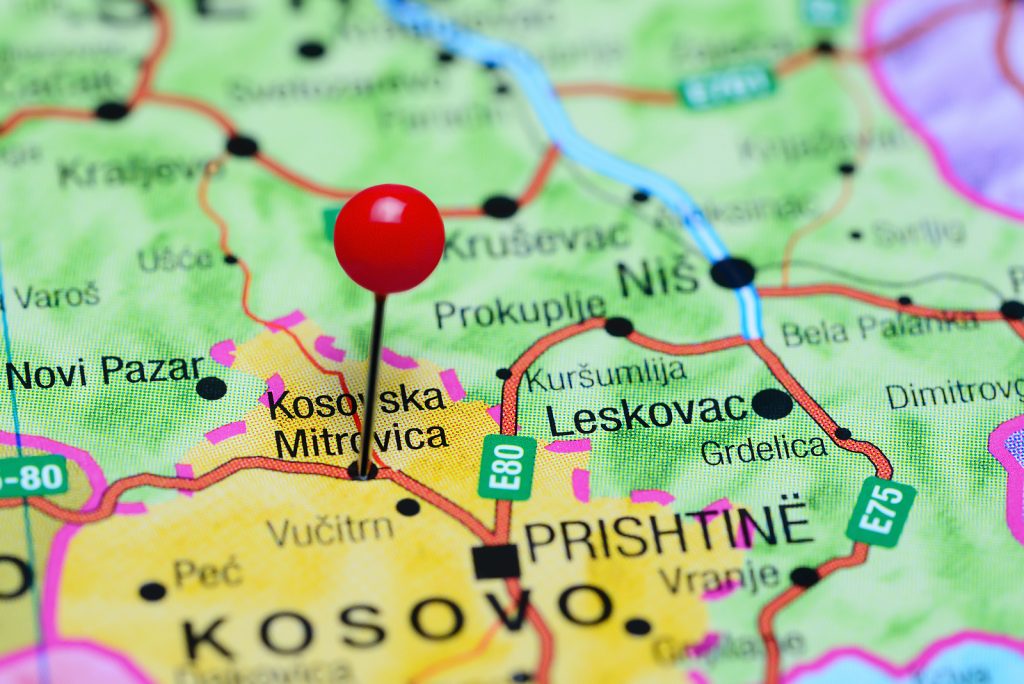
Kosovo was the last country to emerge out of the embers of Yugoslavia. But more than 15 years after its declaration of independence, five EU countries stubbornly refuse to recognise Kosovo’s independence. This harms both the EU’s foreign policy in the Balkans and Kosovo’s prospects for statehood, argued Juan García-Nieto, a research assistant at ESADEGeo and a columnist with Young Voices based in Barcelona, Spain. “The stubborn stance against Kosovo of these five countries reveals their delusional wish to deny the geopolitical reality of the Balkan region in 2023,” he wrote.
Without the EU, Poland would be a much poorer place
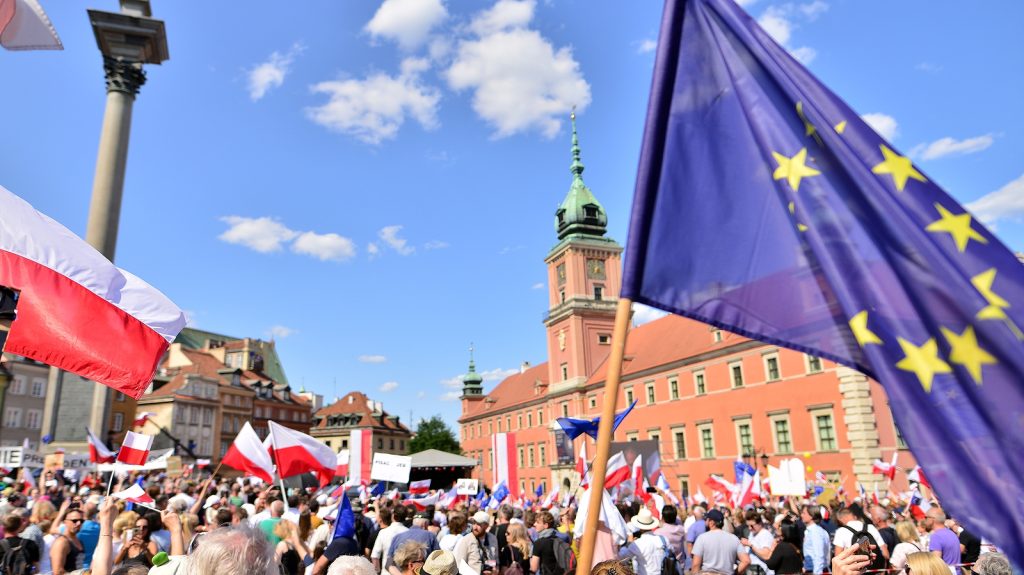
To become fully aware of the benefits of EU membership, it is worth considering what a member country’s economy would look like if it had not joined. A Polish think tank this year did just that, offering eurosceptics everywhere pause for thought. According to the Polish Economic Institute (PEI) Poland’s GDP per capita—based on purchasing power parity (PPP)—is currently around 31 per cent higher than if it had not joined the EU. “If it were not part of the single market, Poland’s GDP per capita in 2021 would be at its 2014 level; EU membership has therefore boosted it by nearly 1.5 percentage points per year,” says Marek Wąsiński, head of the world economy team at the PEI.
Planning for a Belarus without Lukashenko
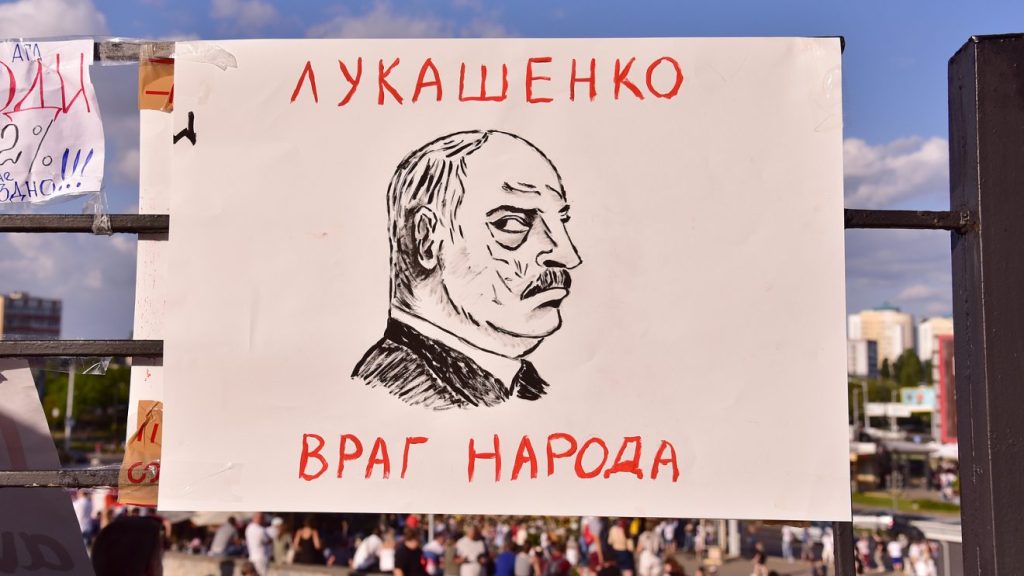
Alexander Lukashenko, dictator of Belarus, was one of few foreign leaders to stand alongside Russia’s Vladimir Putin in Red Square on May 9 for Moscow’s annual Victory Day parade. Sporting a conspicuous bandage on his right hand, Lukashenko looked far from the best of health as he surveyed the troops passing below his Kremlin vantage point. Hours later, Lukashenko was conspicuous again: this time by his absence from a lunch Putin had organised for foreign leaders attending the parade. There was much speculation that he was at death’s door—he wasn’t, but it did get people wondering what Belarus without him might look like.
Five lesser-known gems of the Albanian Riviera
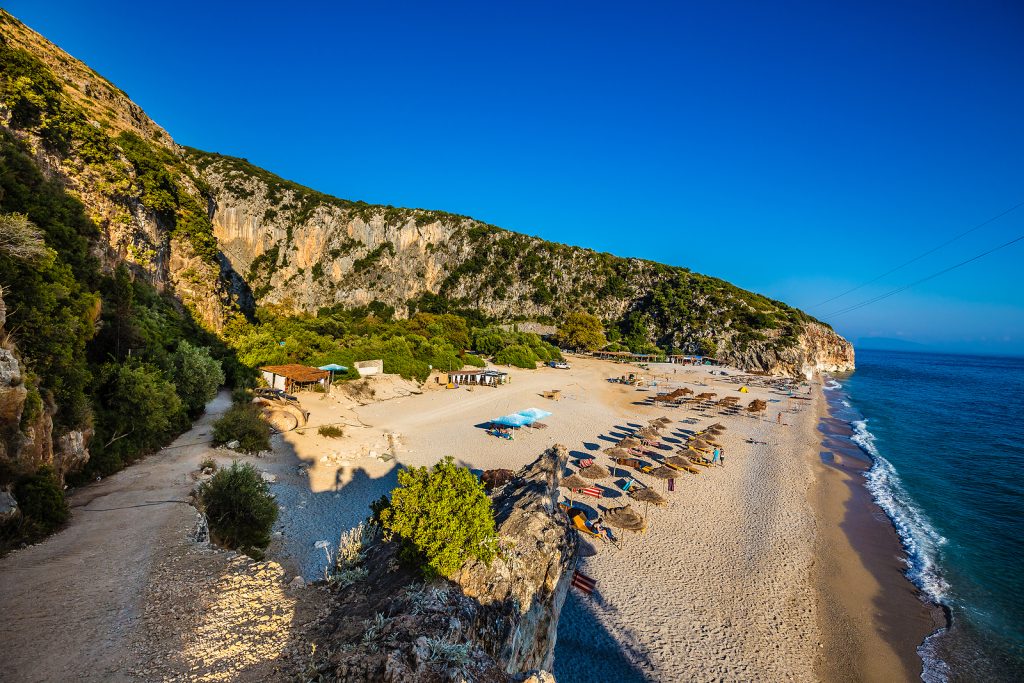
Long hampered by a lack of cheap direct flights, Albania’s tourist industry is currently booming thanks to a host of new flight connections which put the country within just a couple of hours reach of most of Europe. Once Europe’s best kept secret, swerving the crowds in Albania will soon prove to be as difficult as it is elsewhere in the Balkans. Fortunately, Albania’s lesser-known beaches provide an escape from the hoi polloi, allowing visitors to connect with nature and bask in the beauty that surrounds them. We picked five of the best.
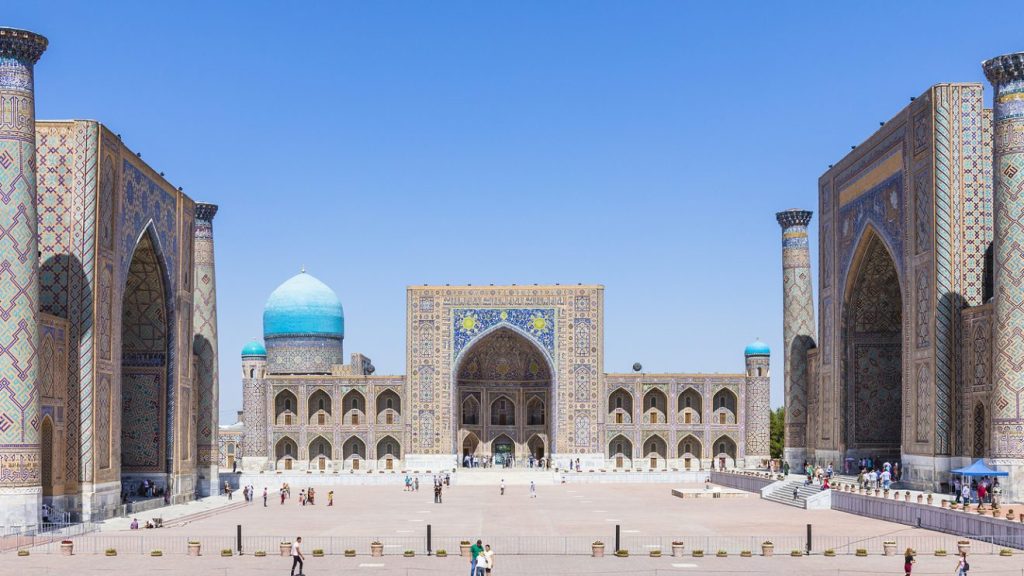
Throughout 2023 we published a series of articles under the banner of Five Essential Reads, all offering a concise, carefully curated list of five books about a particular region, country, or city in emerging Europe. The most popular was our choice of books looking at the Silk Road and its long history, its significance in shaping global commerce, and the enduring legacy it leaves behind. Other popular Reads included our Milan Kundera retrospective, and our take on which five books best explain the fall of Yugoslavia.
It’s always lunchtime on the Orient Express
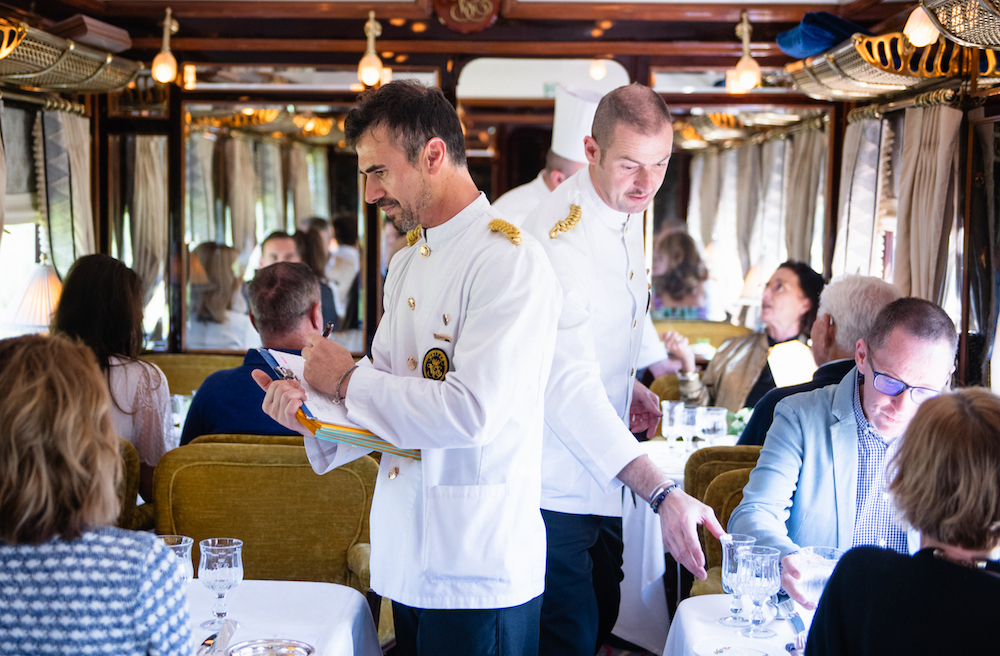
Finally, our editor Craig Turp-Balazs was lucky enough to travel on the Orient Express in June, from Paris to Istanbul, a magnificent six-day trip that included overnight stops in Budapest and Bucharest. He hasn’t stopped talking about it since. Invited on board to talk about current affairs in Central and Eastern Europe, not least why the language we use when discussing the region needs to change, his reference in this piece to Bucharest’s main railway station, Gara de Nord, being a bit of ‘dump’ caused quite the stir in Romania. Budapest made a better impression, it would appear.
Unlike many news and information platforms, Emerging Europe is free to read, and always will be. There is no paywall here. We are independent, not affiliated with nor representing any political party or business organisation. We want the very best for emerging Europe, nothing more, nothing less. Your support will help us continue to spread the word about this amazing region.
You can contribute here. Thank you.

